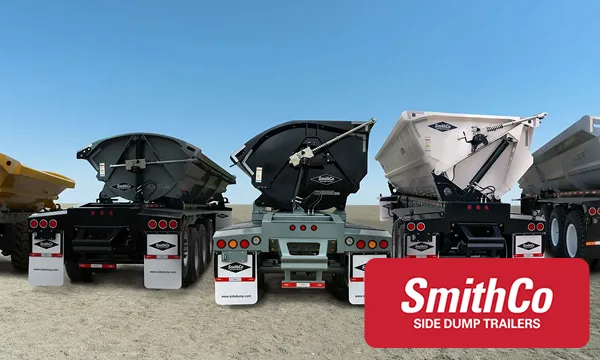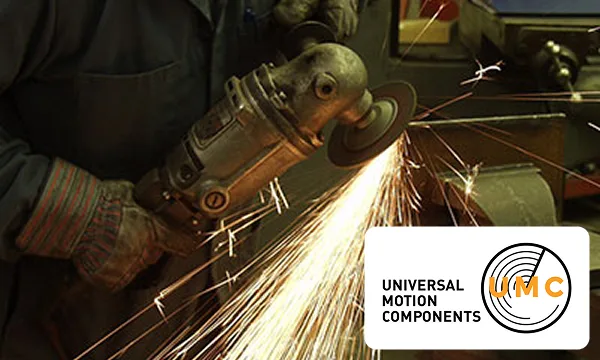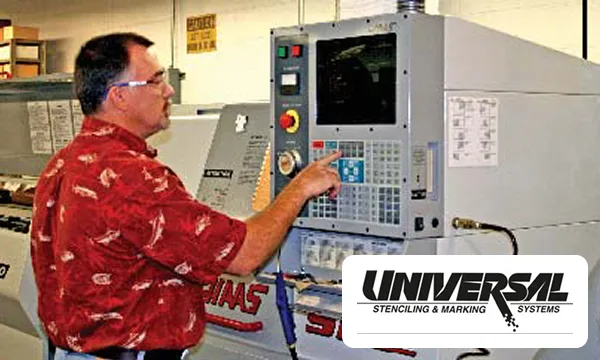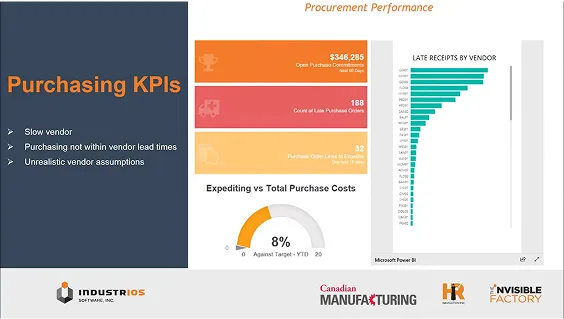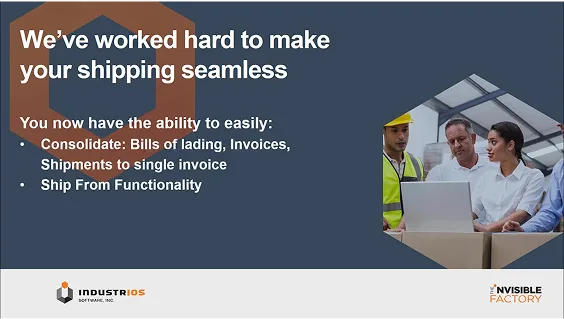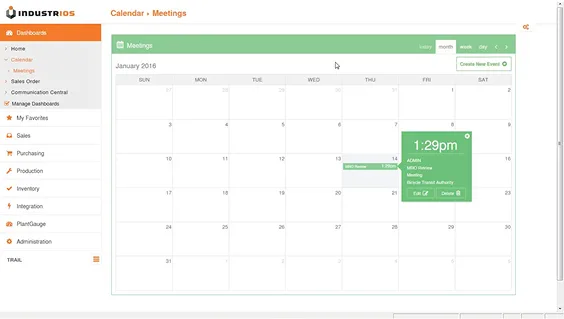Tariff Mitigation Strategies for Manufacturers: A Practical, High-Impact Playbook
Tariffs are a persistent and unpredictable challenge for manufacturers, threatening margins, supply chain reliability, and long-term competitiveness. To truly help manufacturers-not just with theory but with proven, actionable steps-this guide distills the most effective tariff mitigation strategies for manufacturers from leading industry sources and real-world best practices.

Tariffs are a persistent and unpredictable challenge for manufacturers, threatening margins, supply chain reliability, and long-term competitiveness. To truly help manufacturers-not just with theory but with proven, actionable steps-this guide distills the most effective tariff mitigation strategies for manufacturers from leading industry sources and real-world best practices.
1. Map and Stress-Test Your Supply Chain
Why it matters: You can’t manage what you can’t see. Many manufacturers are blindsided by tariffs because they don’t have a granular map of their supplier network and tariff exposure points.
How to do it:
- Map every supplier: List all suppliers (Tier 1, 2, and 3), their locations, and what they provide.
- Assess tariff exposure: Identify which suppliers and materials are subject to current or potential tariffs. Use scenario planning to model the impact of new tariffs on costs and lead times.
- Stress-test: Simulate disruptions (e.g., a 25% tariff on a key input) and document how your operation would respond.
INDUSTRIOS tip: Use supply chain mapping and risk assessment tools-many ERP and SCM systems now offer these features.
2. Diversify and Strengthen Sourcing
Why it matters: Over-reliance on a single country or supplier is a top risk factor.
How to do it:
- Develop a 3-tier sourcing model: Identify primary, secondary, and tertiary suppliers in different regions, including domestic, nearshore, and FTA-partner countries.
- Negotiate flexibility: Build contracts that allow for rapid supplier switching and price renegotiation when tariffs change.
- Explore reshoring or nearshoring: Weigh the cost of moving production closer to home against potential tariff savings and supply chain resilience.
INDUSTRIOS tip: Use predictive analytics to model total landed costs and compare scenarios before making big moves.
3. Apply Tariff Engineering
Why it matters: Small product or packaging changes can mean big tariff savings, but must be done legally and strategically.
How to do it:
- Review product classifications: Work with engineering and customs experts to ensure products are classified under the correct HTS codes.
- Modify product design: Change materials, assembly location, or features to qualify for lower tariffs (e.g., switching a component’s country of origin or altering a product to fit a different tariff category).
- Get formal rulings: When in doubt, seek binding customs rulings to avoid costly misclassification penalties.
Caution: Avoid “cosmetic” changes solely for tariff evasion-these can trigger audits and fines.
4. Leverage Trade Agreements and Duty Programs
Why it matters: Free Trade Agreements (FTAs) and duty drawback programs can significantly reduce tariff costs.
How to do it:
- Source from FTA partners: Shift sourcing to countries with favorable trade agreements to reduce or eliminate tariffs.
- Utilize duty drawback: If you re-export goods or use imported materials in exports, reclaim up to 99% of tariffs paid through duty drawback programs.
- Consider Foreign Trade Zones (FTZs): Import goods into FTZs to defer or reduce tariffs until goods enter the domestic market.
5. Invest in Technology and Automation
Why it matters: Technology is a force multiplier for cost control, compliance, and agility.
How to do it:
- Implement advanced ERP/SCM: Use real-time data for inventory, supplier performance, and landed cost tracking.
- Adopt automation and AI: Automate repetitive tasks, streamline documentation, and use AI to predict tariff impacts and optimize sourcing.
- Leverage digital supply chain tools: Improve visibility and responsiveness to disruptions.
6. Strengthen Contracts, Compliance, and Collaboration
Why it matters: Tariff changes can trigger disputes, penalties, and missed opportunities if contracts and compliance aren’t airtight.
How to do it:
- Review and update contracts: Include clauses for tariff surcharges, force majeure, and price renegotiation.
- Maintain rigorous documentation: Ensure all imports are correctly classified and documented to avoid overpayment or penalties.
- Collaborate with industry peers: Join associations and share best practices for advocacy, intelligence, and joint sourcing initiatives.
7. Build Organizational Agility
Why it matters: The best strategies fail if your team can’t execute quickly.
How to do it:
- Cross-train teams: Ensure staff can step into multiple roles as supply chains shift.
- Run “war games”: Simulate tariff shocks and rehearse responses across procurement, finance, operations, and legal1.
- Continuous improvement: Use the PDCA (Plan-Do-Check-Act) cycle to audit and refine your tariff mitigation playbook.
8. Monitor, Adapt, and Advocate
Why it matters: Tariff risks are dynamic-your response must be, too.
How to do it:
- Monitor trade policy: Assign a team or use automated alerts to track tariff developments and regulatory changes.
- Adapt business models: Be prepared to pivot-from vertical integration to new product lines or markets.
- Engage in advocacy: Work with trade groups to influence policy and stay ahead of industry trends.
INDUSTRIOS Tariff Mitigation Strategies: Simple Steps for Manufacturers
To manage tariffs effectively, manufacturers should start by mapping their entire supply chain and identifying where they’re most exposed-tools like INDUSTRIOS ERP can make this easier by providing real-time visibility and risk assessment. Next, diversify suppliers and consider sourcing from countries with lower tariffs or free trade agreements, using INDUSTRIOS to compare landed costs and model scenarios.
Review your product designs for opportunities to legally reduce tariff rates through material or component changes, and always ensure your tariff classifications are accurate-again, INDUSTRIOS can help keep records up to date. Finally, strengthen contracts, maintain solid documentation, and use technology to monitor costs and respond quickly to changes. With these practical steps and the right ERP support, manufacturers can build a more resilient operation and stay competitive, no matter how tariffs evolve.
Summary Table: Tariff Mitigation Strategies for Manufacturers
| Strategy | Key Actions & Tools | Impact |
| Supply Chain Mapping | Supplier mapping, risk assessment, scenario planning | Visibility, proactive risk management |
| Diversification & Reshoring | 3-tier sourcing, contract flexibility, nearshoring | Reduced exposure, increased resilience |
| Tariff Engineering | Product redesign, HTS code audits, customs rulings | Lower duty costs, compliance |
| Trade Agreements & Duty Programs | FTA sourcing, duty drawback, FTZ utilization | Tariff reduction, cash flow improvement |
| Technology & Automation | ERP/SCM, AI, automation, digital supply chain tools | Efficiency, agility, cost control |
| Contracts & Compliance | Contract clauses, documentation, industry collaboration | Risk mitigation, dispute avoidance |
| Organizational Agility | Cross-training, simulations, continuous improvement | Fast response, sustained competitiveness |
| Monitoring & Advocacy | Trade alerts, business model innovation, industry engagement | Early warning, strategic positioning |
Final Word
Tariff mitigation isn’t about one-off fixes-it’s about building a resilient, tech-enabled, and agile manufacturing operation that can thrive no matter how trade winds shift. Manufacturers who proactively implement these strategies consistently outperform those who wait and react.
Start with a supply chain audit, build a cross-functional response team, and invest in the right technology-these are the foundations of true tariff resilience.
For tailored support in implementing these tariff mitigation strategies for manufacturers, INDUSTRIOS can help you assess, optimize, and future-proof your operations.






